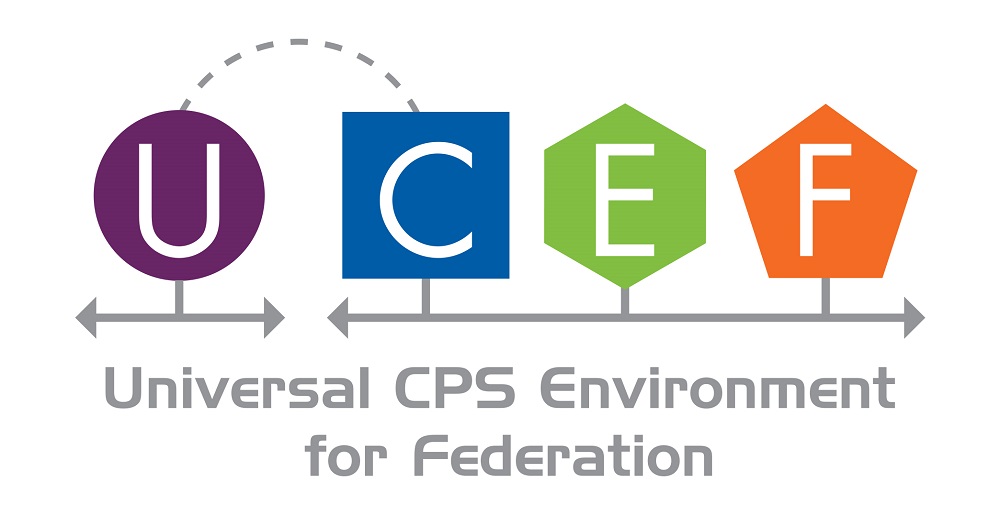2017
Calytrix and NIST: Portico for Cyber Physical Systems
Calytrix Inc is pleased to announce that it has been awarded a development contract by the National Institute of Standards and Technology (NIST) to enhance the Portico open-source HLA (High Level Architecture) RTI (Run-Time Infrastructure) to meet the needs of the Universal Cyber-Physical Systems Environment for Federation (UCEF).
This work will seek to expand existing Portico functionality in a number of ways designed specifically to meet the needs of the UCEF. This includes adding encypted communication channels and support mechanisms, enhanced filtering and routing of data to support large federations and extended infrastructure to allow improved run-time introspection of object model structure.
Calytrix is committed to ensuring that all work done on the Portico RTI remains free and open source. The NIST UCEF team fully support this goal and the results of this work will be merged into the Portico open-source baseline and be available to all Portico users immediately as features are being developed.
The Portico Project has received over 20,000 downloads and remains the primary and free source for HLA in the research and academic space, as well as a growing number of fielded applications. For more information portico please visit http://www.porticoproject.org.
What is the UCEF?
From the UCEF website:
Cyber-Physical Systems (CPS) are smart systems that include co-engineered interacting networks of physical and computational components. CPS integrate computation, communication, sensing and actuation with physical systems to fulfill time-sensitive functions with varying degrees of interaction with the environment, including human interaction. These highly interconnected systems provide new functionalities to improve quality of life and enable technological advances in critical areas, such as personalized health care, emergency response, traffic flow management, smart manufacturing, defense and homeland security, and energy supply and use. CPS and related systems (including the Internet of Things (IoT) and the Industrial Internet) are widely recognized as having potential to enable innovative applications and impact multiple economic sectors in the worldwide economy.
The National Institute of Standards and Technology (NIST) and its partner, the Institute for Software Integrated Systems at Vanderbilt University, have developed a collaborative experiment development environment across heterogeneous architectures integrating best-of-breed tools including programming languages, communications co-simulation, simulation platforms, hardware in the loop, and others. NIST calls this a Universal CPS Environment for Federation (UCEF).
For more information on commercial support or the Portico open source RTI and how it can serve your HLA needs, contact sales@calytrix.com.
</section> </section> </article>

